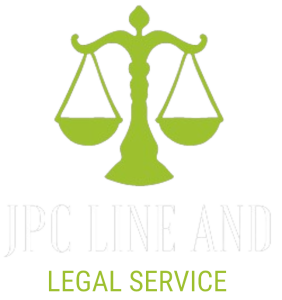In accident cases, determining fault and liability is a crucial aspect of seeking compensation for injuries and damages. Comparative negligence is a legal principle used in many jurisdictions to allocate fault among parties involved in an accident. Understanding comparative negligence is essential for accident injury victims to navigate the legal process effectively. Let’s explore the concept of comparative negligence and its implications in accident cases:
- Definition of Comparative Negligence: Comparative negligence, also known as comparative fault, is a legal doctrine used to assign responsibility for an accident and apportion damages accordingly. Under comparative negligence, each party’s degree of fault is assessed, and compensation is adjusted based on their proportionate share of liability.
- Types of Comparative Negligence: There are two primary types of comparative negligence systems: pure comparative negligence and modified comparative negligence.
- Pure Comparative Negligence: In states that follow pure comparative negligence, accident injury victims can recover damages even if they are predominantly at fault for the accident. However, their compensation is reduced by their percentage of fault.
- Modified Comparative Negligence: In states that adhere to modified comparative negligence, accident injury victims can only recover damages if they are less than 50% (or 51%) at fault for the accident. If they are deemed equally or more at fault than the other party, they are barred from recovering any compensation.
- Impact on Compensation: The degree of comparative negligence attributed to each party directly affects the amount of compensation awarded in accident cases. For example, if a victim is found to be 20% at fault for a car accident and the total damages amount to $100,000, their compensation would be reduced by 20%, resulting in a $80,000 award.
- Evidence and Legal Arguments: Establishing comparative negligence requires thorough investigation, evidence gathering, and legal arguments. Accident injury victims and their attorneys must present compelling evidence to support their claims and challenge assertions of comparative negligence by opposing parties or insurance companies.
- Role of Legal Representation: Legal help is instrumental in navigating comparative negligence claims effectively. Experienced personal injury attorneys like JPC Line Legal Hub can assess the circumstances of the accident, evaluate the degree of comparative negligence, and advocate for their clients’ rights to fair compensation.
- State-Specific Laws: It’s important to note that laws governing comparative negligence vary by state, with some states adopting pure comparative negligence, while others adhere to modified comparative negligence. Understanding the nuances of state-specific laws is crucial for accident injury victims seeking legal recourse.
In conclusion, understanding comparative negligence is essential for accident injury victims pursuing compensation for their losses. By comprehending the principles of comparative negligence and seeking legal guidance from knowledgeable attorneys like JPC Line Legal Hub, accident victims can navigate the legal process with confidence and pursue fair compensation for their injuries and damages.

